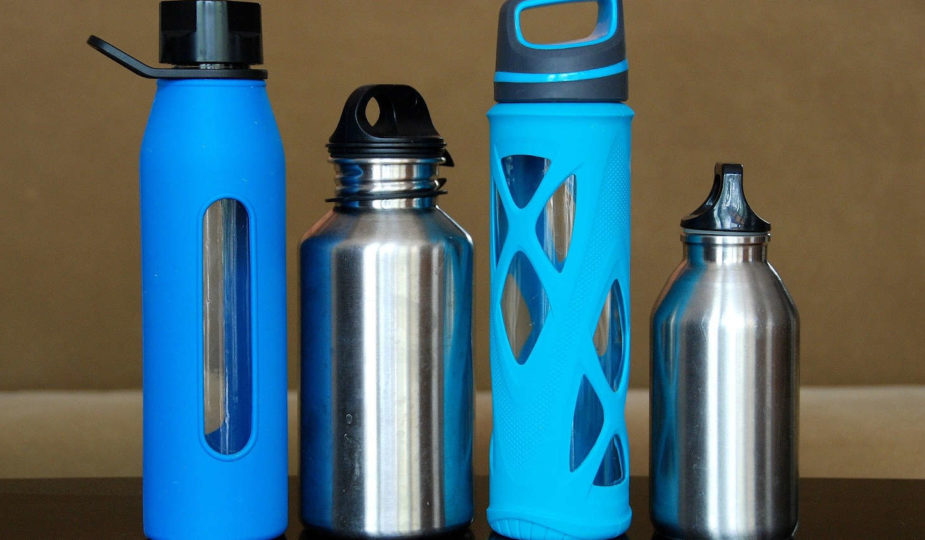
How Are Dehydration and Incontinence Connected?
When we think of urinary incontinence, dehydration is not the first thing that comes to mind. Usually, when we drink too much, we feel the need to pee constantly, especially with certain drinks. But interestingly enough, dehydration and incontinence are both directly and indirectly related.
Here’s how.
What Is Urinary Incontinence?
Urinary Incontinence is when someone experiences a loss of bladder control. There are varying types of incontinence as well as degrees of severity.
Types of Incontinence
- Stress incontinence. This is caused by pressure put on the bladder through sneezing, coughing, laughing, or any exercise.
- Urge incontinence. Characterized by needing to urinate often with intense urges. This can disrupt sleep and many daily activities. It can be a chronic condition or caused by infection.
- Overflow incontinence. This is slightly different from urge as there are constantly small leakages of urine because the bladder never fully empties.
- Functional incontinence. This is not necessarily a bladder issue but may be a physical impairment affecting the individual to make it to the bathroom on time. This is common with the elderly.
- Mixed incontinence. Any combination of the above.

Where Does Dehydration Come In?
Dehydration is related to people who suffer from overactive bladder or urge incontinence. They also may deal with stress incontinence when they are dehydrated. The reason is that when stress and urge incontinence occur, contractions in the bladder make the individual feel the need to pee.
When someone is dehydrated, they are going to have more concentrated urine. This means that there is lesson water, sugars, etc., which typically irritates the bladder. When the bladder is irritated from this, it is common for someone to experience more contractions and small urine leakages.
This causes people to think that they should drink less because they constantly need to pee. But it’s quite the opposite, as we can see.
Tips to Help Control Your Situation
If there is any relief in the situation, it’s knowing that many people deal with this! You can try several solutions to limit urinary incontinence.
- Control your fluid intake. Staying hydrated is important so avoiding things that dehydrate you is important. Caffeine also makes people have to urinate, so limiting how much you drink can have a significant impact.
- Sometimes, no matter what we do, women just have some leakage. That’s why women’s incontinence briefs & diapers can be a great solution. It doesn’t stop the issue but saves you from being limited in your daily activities because of incontinence.
- Strengthening your pelvic floor muscles can help weak muscles that let go during contractions. You can do this through exercise, strength training, and even yoga. This can take some commitment but is well worth the benefits.
Signs of Dehydration You Need to Know
- Dark-colored urine is a sure sign you are dehydrated. The darker your urine, the more dehydrated you are. Keep in mind bright yellow urine is a sign of flushing out vitamins because you took more than you need. This is not dangerous.
- If you feel thirsty, it is because you are. Our bodies have a natural trigger to let us know we need more water. This is why it’s common to feel thirsty after drinking a coffee. That’s because it’s dehydrating.
- Constipation or difficulty going to the bathroom because your stool has hardened is a common sign.
- Headaches are another common tell that you aren’t hydrated enough. This is because tissues begin to contract when you are dehydrated.
There are many other signs, but these are the most common to look out for.

Keep On Drinking
If you take one thing away from this is that even if you need to pee all the time, it is important to stay hydrated. Chances are you can improve your urge to have to pee. Sometimes this is all the fix you need.
Understanding if you have incontinence and, if so, what kind is the first step. Then by taking a number of other proactive steps, like watching what you drink, exercising, and wearing protective underwear, you can feel confident in your day-to-day activities.









